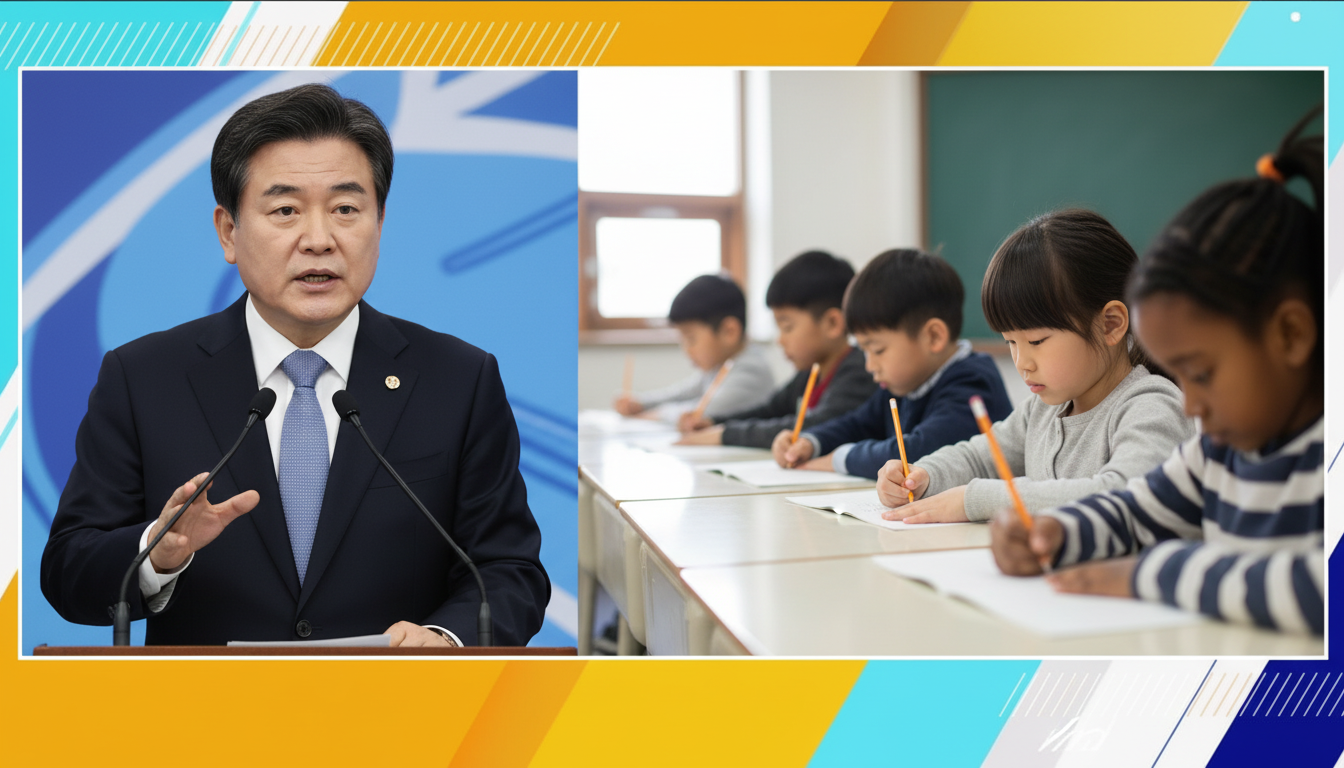#사회
UW-Madison Associate Dean Under Fire for Lee Jae-myung 'Racist' Remarks Controversy

UW-Madison Associate Dean Under Fire for Lee Jae-myung 'Racist' Remarks Controversy
An associate dean at the University of Wisconsin-Madison is embroiled in controversy following social media posts criticizing remarks made by South Korean President Lee Jae-myung, with some alleging racist undertones. This controversy reignites the debate surrounding the impact of individual expression on social media and the limits of free speech in the workplace. The issue also highlights the increasing number of dismissals stemming from social media activity, prompting discussions about individual responsibility and corporate responses. While the First Amendment in the United States guarantees freedom of speech and the press, this protection does not extend to most workplaces. The U.S. Constitution restricts government action, not that of private companies. Thus, for the vast majority of private-sector employees, the First Amendment offers no protection. Private companies can take disciplinary action, including termination, if an employee's speech is deemed detrimental to the company's image or operations. Against this backdrop, attempts to fire employees for racist or sexist remarks have become a bipartisan weapon. In an era where viral screenshots can undo years of branding, companies often tend to fire first and ask questions later. Public employees have limited rights under the First Amendment, but those rights disappear when speech disrupts the workplace. Examining similar past cases, in 2013, public relations executive Justine Sacco was fired after posting an insensitive AIDS joke on Twitter. In 2017, comedian Kathy Griffin was fired from CNN after posing with a mock severed head of then-President Donald Trump. In 2020, CrossFit founder Greg Glassman was forced out after making dismissive tweets about George Floyd and COVID-19. Additionally, a Texas nurse was fired after posting in an anti-vaccine group about measles patients. These cases serve as stark reminders of the potential consequences of individual expression on social media. The case of the UW-Madison associate dean can be understood within this context. As the social media posts become controversial, the university is compelled to consider the impact on its image and reputation. Furthermore, the criticism of President Lee Jae-myung's remarks raises concerns about subtle effects on international diplomatic relations. The university is currently carefully reviewing the matter and is expected to take appropriate action in accordance with relevant regulations and procedures. This incident raises crucial questions about balancing individual freedom of expression and ethical responsibility in the workplace in the age of social media. It is argued that those in senior positions must carefully consider the impact of their personal opinions on the organization as a whole. Furthermore, it is suggested that companies should clearly define social media guidelines and educate employees on potential problems that may arise from online activity. It remains to be seen whether this controversy will lead to a deeper discussion about ethical standards and responsibilities in the social media era.#lee jae-myung#president of south korea#racism#freedom of speech#social media#first amendment#university of wisconsin#layoff
